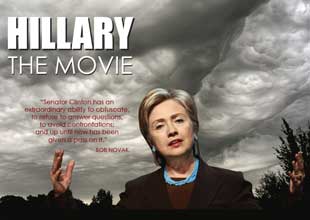Gregory Craig, the White House counsel, is on his way out. Bob Bauer, the president’s personal lawyer, will be taking Craig’s place. Bauer, interestingly, is considered an expert in campaign finance law. That’s good, because Bauer will need to deal with the fallout when the Supreme Court implodes campaign finance law sometime in the next few months, a senior administration official tells Marc Ambinder. (The relevant case is Citizens United v. FEC, which could open the floodgates for unlimited corporate spending in federal elections.) Here’s what the official told Ambinder:
[Bauer’s] expertise in election law isn’t just relevant so we can write great briefs in litigation. As we enter 2010, having clear rules of the road on what the White House and its staff can and cannot do to help Democratic candidates will become a critical aspect of the White House Counsel’s job—and there’s no lawyer in America who knows that better than Bob. Such skill is even more critical as we approach 2012—and—here’s the wild card—if the Supreme Court does major violence to the campaign finance regulation regime (as most observers expect by June), then deciding how to try to rewrite those laws, or what to do in the wild west regime that will replace current law, will be a critical task. And who better to have on point than Bob Bauer.
Campaign finance reformers have been trying to promote the idea that an adverse decision in Citizens United might ultimately help their cause—because the resulting deluge of corporate money in elections could create momentum for reform. Until now, that seemed a bit like whistling past the graveyard. But if the administration is already considering “how to rewrite” campaign finance laws in the event that the Supreme Court opens the floodgates, maybe reformers are on to something after all.













